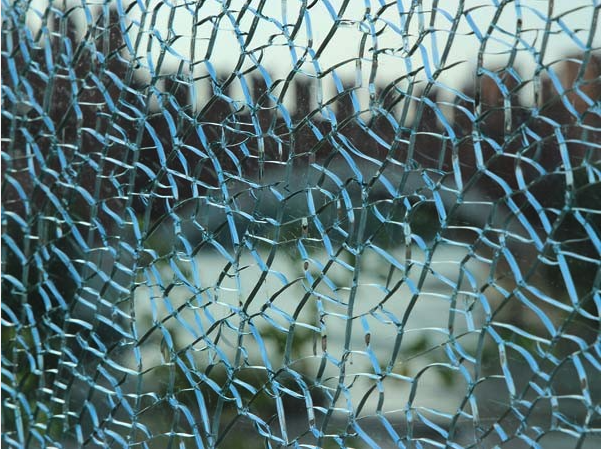Glass is widely used in various applications, from windows to containers. While glass is known for its transparency, durability, and strength, it can be prone to sudden explosions, which can be dangerous. The phenomenon of glass exploding spontaneously is not uncommon, and it can occur for several reasons.
One of the most common reasons is thermal stress. Glass is a poor conductor of heat, and as such, it expands and contracts at different rates compared to other materials, such as metals. When glass is subjected to rapid temperature changes, such as going from hot to cold or vice versa, the stress on the surface of the glass can build up and cause it to break or shatter. This is known as thermal stress and can be caused by various factors, such as direct sunlight, air conditioning, or sudden changes in temperature due to weather conditions.

Another reason for spontaneous glass explosions is physical damage to the glass, such as chips or cracks. Glass that has been chipped or cracked may appear intact, but it can have weak points that are prone to sudden breakage. These weak points can become more stressed over time, and when they reach a critical point, the glass can shatter without warning.
Chemical reactions can also cause glass explosions. Certain chemicals, such as hydrofluoric acid, can react with the surface of the glass and weaken its structure. Over time, this can cause the glass to become brittle and prone to shattering without warning.

In conclusion, glass can explode spontaneously due to several factors, including thermal stress, physical damage, and chemical reactions. It is important to handle glass with care, particularly when it is subject to sudden temperature changes or has been damaged in any way. By understanding why glass can explode, we can take steps to prevent such occurrences and ensure the safety of those around us.


Pingback: psychotherapy website design
Pingback: website bovenaan in Google
Pingback: ทะเบียนรถ
Pingback: buy Champagne Wedding cookies online,
Pingback: นำเข้าสินค้าจากจีน
Pingback: ไส้เทียมคอลลาเจน
Pingback: ทรรศนะบอลวันนี้
Pingback: ยาเพิ่มขนาด
Pingback: พิมพ์สติกเกอร์ฉลากสินค้าแบบม้วน
Pingback: โคมไฟ
Pingback: hostel bangkok
Pingback: John Lobb
Pingback: รับสร้างบ้านเชียงใหม่
Pingback: Ford Everest
Pingback: dayz hack free
Pingback: swan168
Pingback: betflix allstar
Pingback: som777
Pingback: Download Music and Songs
Pingback: Bowflex revolution home gym price
Pingback: best models
Pingback: เฟอร์นิเจอร์สไตล์มินิมอล
Pingback: Personal loans
Pingback: รวมโรงงานจีน
Pingback: คลินิกเสริมความงาม
Pingback: Sciences_2025
Pingback: เว็บสล็อตตรง ทรูวอเลท ไม่มีขั้นต่ำ
Pingback: pgslot
Pingback: zixma323
Pingback: Barbara
Pingback: ricky casino
Pingback: คลินิกจัดฟัน ฉะเชิงเทรา
Pingback: heng678
Pingback: jogo Fortune Tiger 777 Brazil